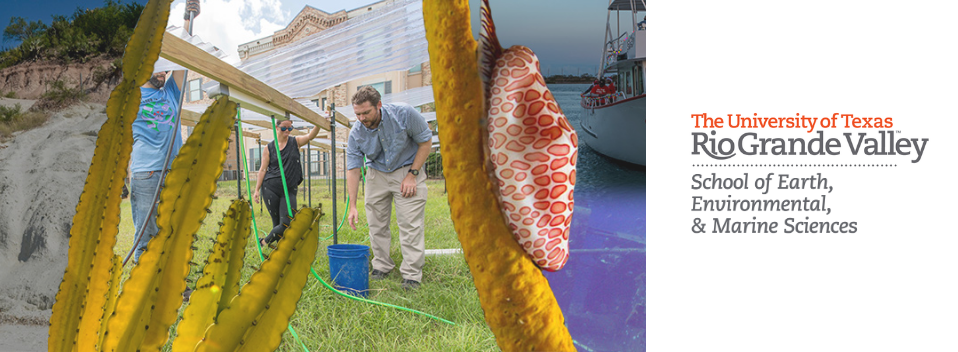
School of Earth, Environmental, & Marine Sciences Faculty Publications
Document Type
Article
Publication Date
1-2025
Abstract
The Southern Resident Killer Whale (SRKW) is an endangered and charismatic species whose home range spans the Salish Sea, an ecosystem that extends across the Canada-US border. Conserving and recovering the SRKW represents a high-profile transboundary governance challenge that depends heavily on collaboration between a wide range of organizations. To better understand the factors affecting transboundary SRKW governance in the Salish Sea, this study applies a multi-dimensional trust, control, perceived risk framework to assess the inter-organizational architecture supporting collaboration. The analysis is based on key informant interviews (n=32) and surveys (n=35) conducted with policy actors working for different organizations involved with SRKW conservation and recovery in Canada and the US. Findings suggest that the SRKW governance network relies heavily on personal relationships and social control mechanisms while being fragmented by jurisdiction, social expectations, unclear communication channels, and competition for resources, requiring careful network management attention. Opportunities for integrating additional trust-building activities and social control mechanisms, combined with inclusive deliberative processes are identified.
Recommended Citation
Pedersen, Dane, Owen Temby, Antonia Sohns, Evelyn Roozee, and Gordon M. Hickey. "Assessing inter-organizational collaboration within the transboundary network governing the conservation of Southern Resident Killer Whales." Marine Policy 171 (2025): 106469. https://doi.org/10.1016/j.marpol.2024.106469
Creative Commons License

This work is licensed under a Creative Commons Attribution-NonCommercial 4.0 International License
Publication Title
Marine Policy
DOI
https://doi.org/10.1016/j.marpol.2024.106469


Comments
© 2024 The Authors. Under a Creative Commons license
http://creativecommons.org/licenses/by-nc/4.0/